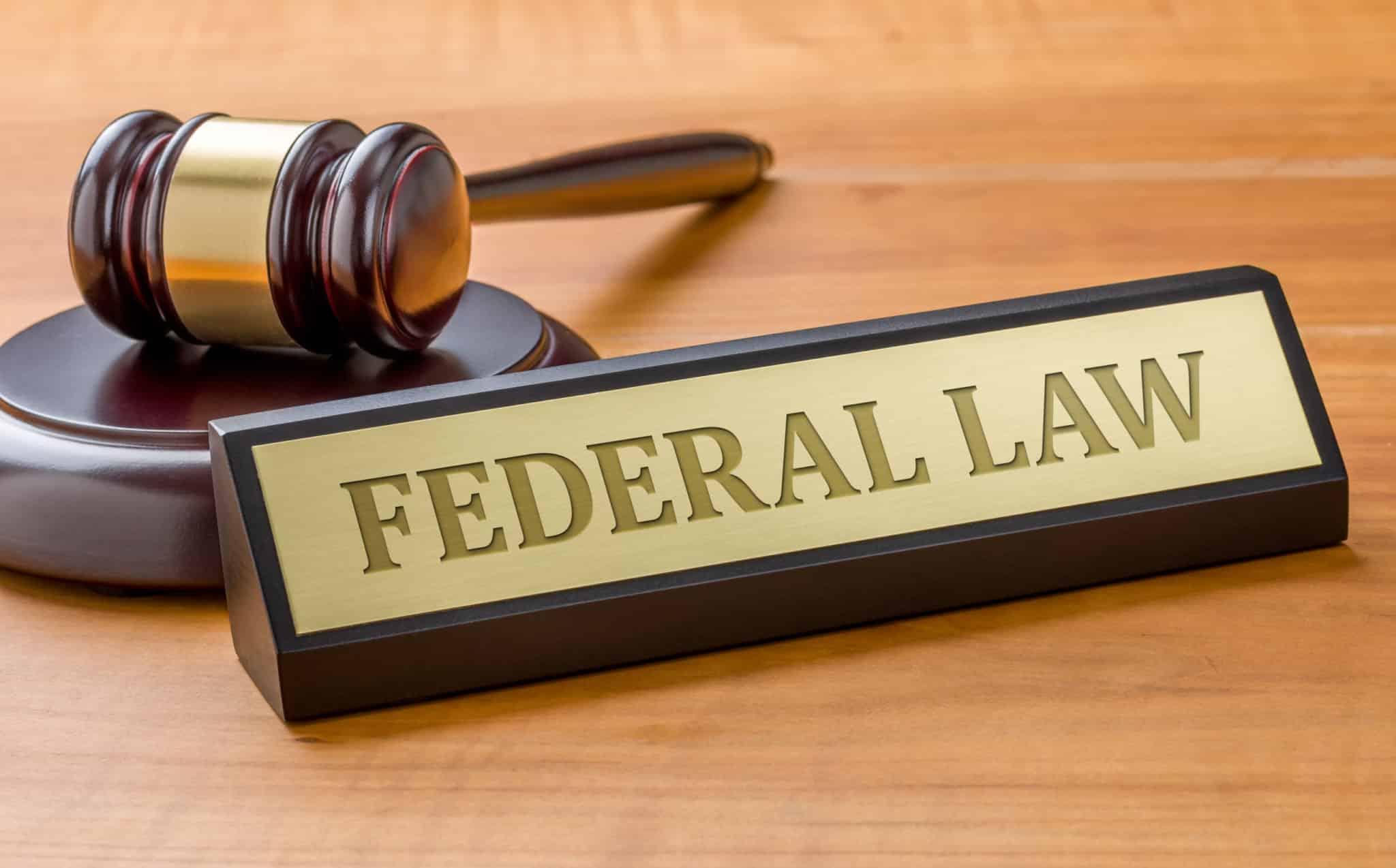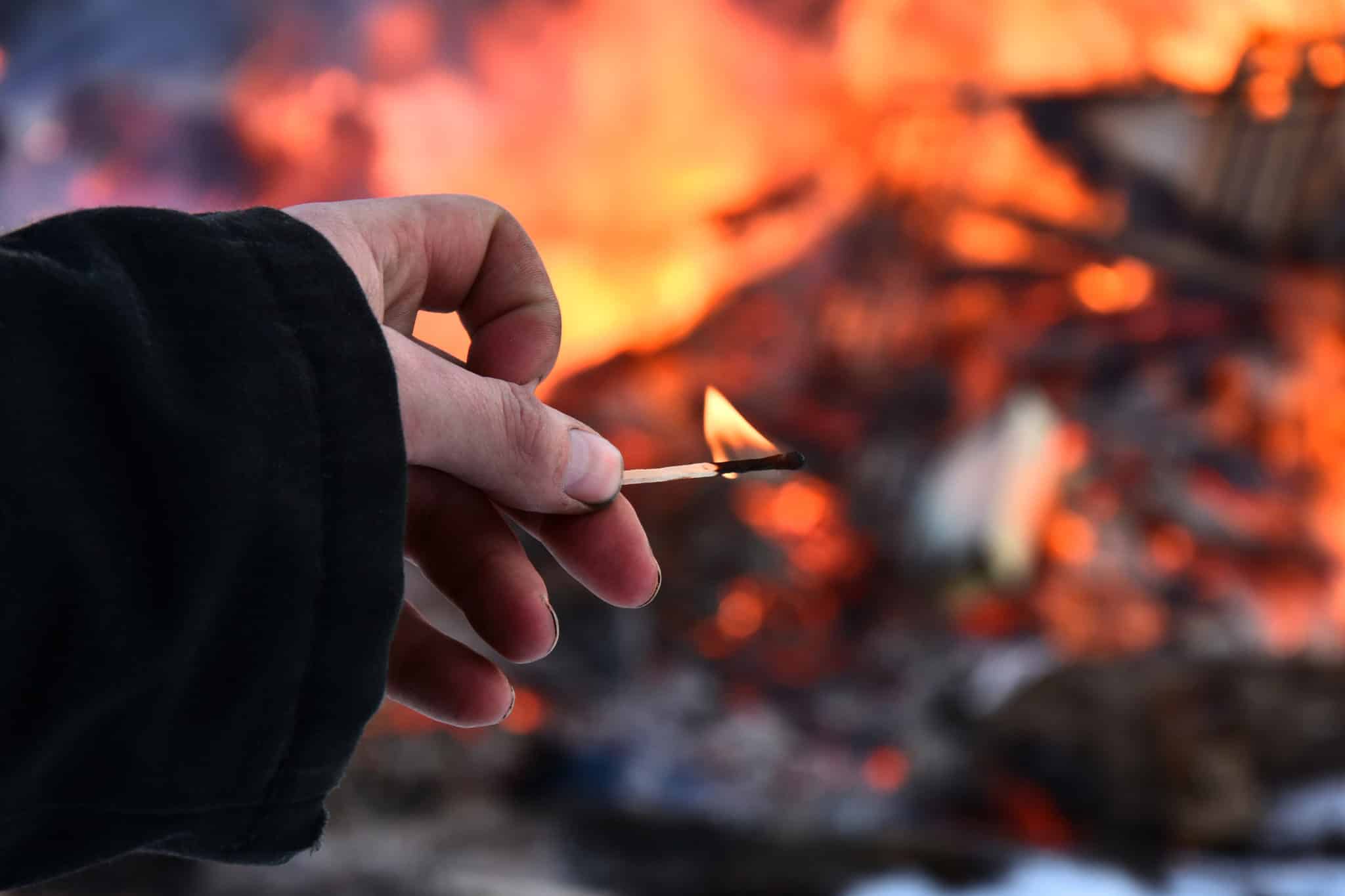Historically, arson was against the law for one simple reason: to protect others. It was essentially a prohibition against burning someone’s home or property so no one would get caught inside their home if it was set on fire.
However, modern arson laws, including Texas and federal ones, have evolved. The traditional definition of “arson” as been expanded to cover other types of property, not just dwellings. This is why the Texas teen who allegedly set fire to a synagogue in Austin and caused thousands of dollars worth of damage is facing federal charges.
Here is what you need to know about arson charges in Texas and what must occur in order for arson to be charged at the federal level.
What is Arson in Texas?
There are several actions that can result in an arson charge in Texas:
- Fires that are set on purpose to destroy structures or fences on open land
- Fires tarted to burn a home, vehicle, or building knowingly within a city’s limits or insured
- Setting fire to a building on someone’s property or to something that is subject to a security interest, like a mortgage
These acts must be done with the intent to either cause damage or destroy the property. However, arson can also be charged if it is shown that reckless behavior led to the start of the fire or caused some sort of explosion that resulted in a fire.
The Penalties for Arson in Texas
Arson in Texas is generally a second-degree felony, which is punishable by up to 20 years in prison. Under some circumstances, it can be classified as a different level of felony, such as:
First Degree
This is charged for any fire set intentionally that resulted in bodily injury or death or was intended to damage or destroy a specific place or house of worship.
The penalty for this felony is up to life in prison.
Third Degree
This type of arson occurs when a fire is started recklessly during the process of the manufacture of a controlled substance, and it resulted in the injury or death of another.
The penalty for this felony is up to 10 years in prison.
When Does Arson Become a Federal Crime?
Arson becomes a federal crime when the property that is harmed or destroyed during the act is owned by the federal government. Federal property is defined under the law as any land, real property, or building leased, occupied, or owned by any agency or department of the United States government.
The Penalties for Federal Arson
The penalties for arson in federal court are very serious. If you are found guilty, you can spend up to 25 years in a federal prison. You may also be fined as much as $5,000.
Are There Defenses to Federal Arson?
There are some defenses that can be used to help bolster your case in federal court against arson. While each case is different, there are several common defenses used.
For example, if the fire was not intentional, that can be a defense. Fire is notoriously difficult to control and can become large fast. A common defense against arson is that the burning of the building or structure was not intentional – it was an accident and could not be contained.
You can also claim that it wasn’t intentional if you were intoxicated at the time the fire broke out.





